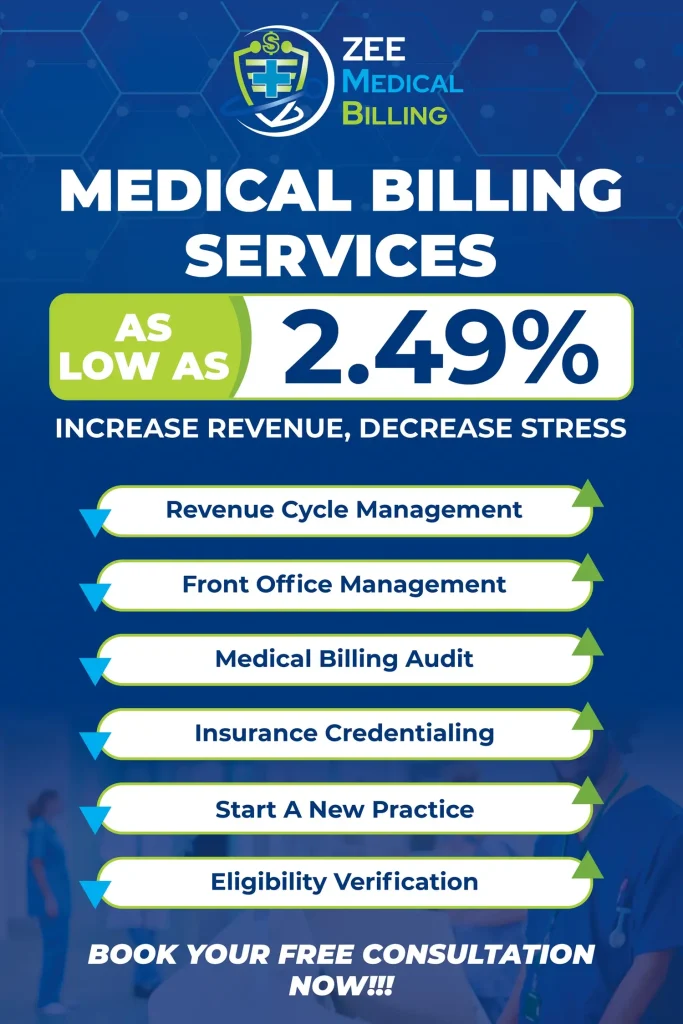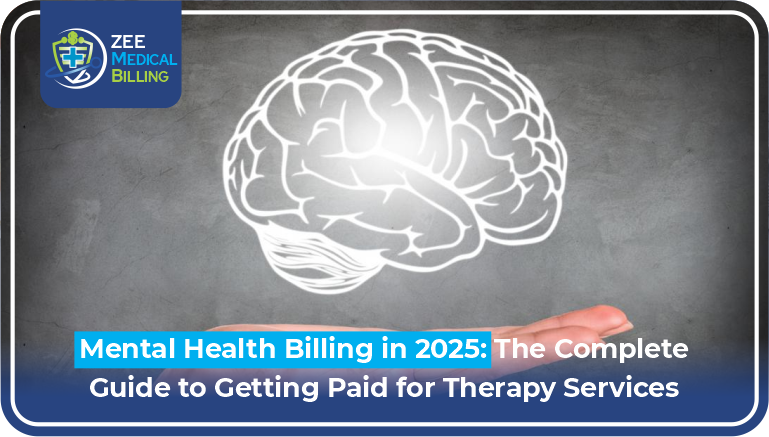AI (artificial intelligence) is changing enterprises worldwide, and telehealth is no exception. As medical care frameworks endeavor to satisfy the developing need for open and effective administrations, artificial intelligence is ready to play an essential part in the evolution of telehealth. From upgrading diagnostics to customizing patient considerations, integrating artificial intelligence in telehealth molds the future of medical services conveyance. Here, we investigate a few key areas where artificial intelligence is supposed to have a tremendous effect.
1. Improved Diagnostic Capabilities
AI algorithms can examine clinical information with phenomenal speed and precision. In telehealth, this implies remote consultations can be expanded by AI-driven diagnostic tools that dissect patient side effects, clinical narratives, and experimental outcomes. For example, AI-controlled imaging systems can recognize anomalies in X-beams or X-rays, assisting medical care suppliers with pursuing informed choices quickly. This can be especially significant in rustic or underserved regions where expert access is limited.
Our Services: Best Revenue Cycle Management Services
2. Personalized Patient Care
Artificial intelligence can handle huge measures of information to distinguish examples and designer treatment plans for individual patients. By incorporating artificial intelligence into telehealth stages, suppliers can give customized care proposals given a patient’s exceptional medical history, genetic data, and way of life factors. This degree of customization improves patient results and advances preventive care.
3. Virtual Health Assistants
AI-driven chatbots and remote helpers are turning out to be progressively modern. These tools can deal with routine tasks like booking arrangements, noting patient inquiries, and sending medicine updates. In telehealth, menial helpers can direct patients through symptom checkers, triage their necessities, and associate them with suitable medical care professionals, lessening managerial weights and working on understanding commitment.
4. Remote Checking and Predictive Analytics
With wearable devices and IoT-empowered health sensors, artificial intelligence can consistently screen patients’ important bodily functions and recognize irregularities continuously. Telehealth stages coordinated with artificial intelligence can make suppliers aware of potential medical problems before they become critical. Predictive analytics can likewise distinguish in-danger patients, empowering early mediation and decreasing medical clinic readmissions.
5. Improved Mental Health Support
Artificial intelligence is making strides in mental health care by breaking down discourse, text, and personal conduct standards to recognize indications of stress, nervousness, or depression. In telehealth modules and tools can offer restorative mediations, like mental social treatment modules, and suggest proficient assistance when required. These devices guarantee mental health support is available and versatile.
Our Services: Best Insurance Credentialing Services
6. Operational Effectiveness
Artificial intelligence can upgrade telehealth work processes via robotizing repetitive tasks, smoothing out documentation, and working with interoperability between systems. Natural Language Processing (NLP) can read and sum up meetings, opening clinicians to focus on persistent consideration. Furthermore, AI-driven examination can assist suppliers with overseeing assets and predicting demand, guaranteeing better service delivery.
7. Challenges and Ethical Considerations
While the capability of artificial intelligence in telehealth is massive, a few moves should be tended to. Information protection and security are vital, as telehealth stages handle delicate patient data. Guaranteeing artificial intelligence frameworks are straightforward, unbiased, and comprehensive is similarly vital to keeping up trust and value in care delivery. Administrative systems should be developed to keep up with artificial intelligence advancements, guaranteeing security and adequacy.
Conclusion
The integration of artificial intelligence in telehealth addresses a change in outlook in medical services delivery. By upgrading diagnostic accuracy, customizing care, and working on operational efficiency, artificial intelligence can make telehealth more accessible, powerful, and patient-focused. As innovation keeps on propelling, the coordinated effort among artificial intelligence and telehealth will undoubtedly play an essential part in molding the future of global healthcare.









